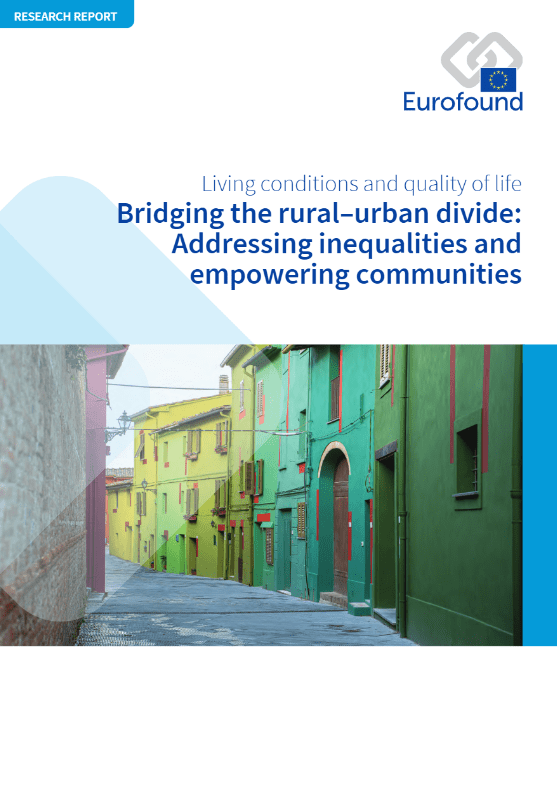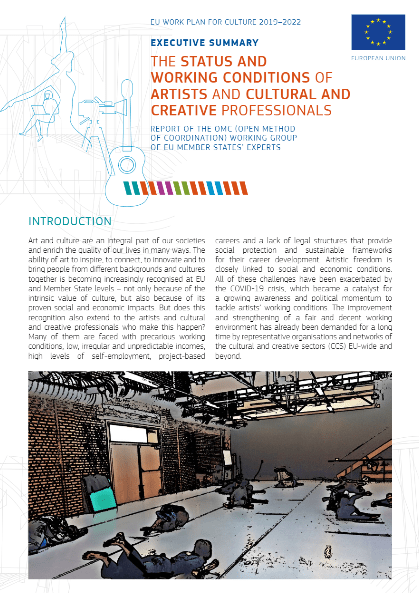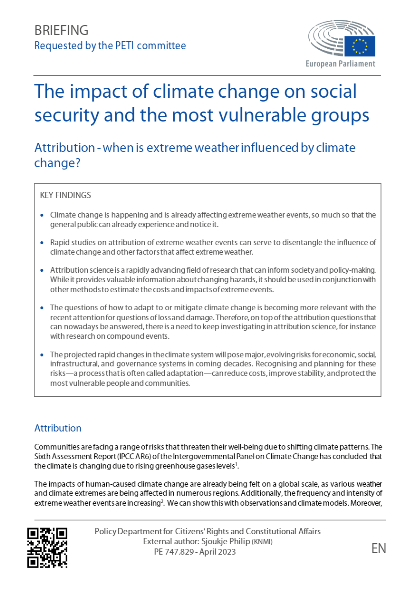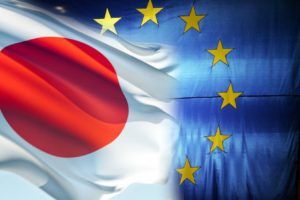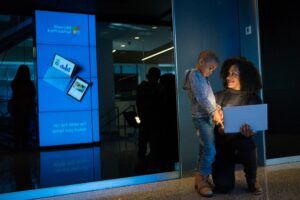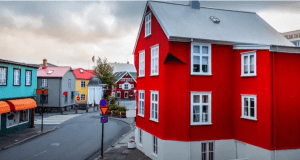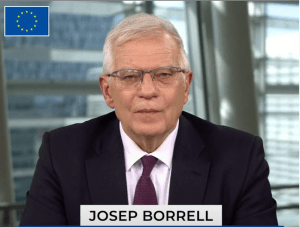
CDE Almería - Centro de Documentación Europea - Universidad de Almería
Centro de Documentación Europea de la Universidad de Almería
Cultura y Educación
Documentación comunitaria en las áreas de Cooperación Internacional Universitaria, Digitalización en el Ámbito Educativo, Espacio Europeo de Educación Superior y Patrimonio Cultural Europeo. Contiene también las últimas noticias, mediateca y boletines relacionados con la materia.
Estás aquí: Fondo Digital CDE > Cultura y Educación

El Tratado de Lisboa estableció la cohesión territorial como tercera dimensión de la cohesión europea.
[Leer Más]Art and culture are an integral part of our societies and enrich the quality of our lives in many ways. The ability of art to inspire, to connect, to innovate and to bring people from different backgrounds and cultures together is becoming increasingly recognised at EU and Member State levels – not only because of the intrinsic value of culture, but also because of its proven social and economic impacts. But does this recognition also extend to the artists and cultural and creative professionals who make this happen? Many of them are faced with precarious working conditions, low, irregular and unpredictable incomes, high levels of self-employment, project-based careers and a lack of legal structures that provide social protection and sustainable frameworks for their career development. Artistic freedom is closely linked to social and economic conditions. All of these challenges have been exacerbated by the COVID-19 crisis, which became a catalyst for a growing awareness and political momentum to tackle artists’ working conditions. The improvement and strengthening of a fair and decent working environment has already been demanded for a long time by representative organisations and networks of the cultural and creative sectors (CCS) EU-wide and beyond.
[Leer Más]Climate change is happening and is already affecting extreme weather events, so much so that the general public can already experience and notice it. Rapid studies on attribution of extreme weather events can serve to disentangle the influence of climate change and other factors that affect extreme weather. Attribution science is a rapidly advancing field of research that can inform society and policy-making. While it provides valuable information about changing hazards, it should be used in conjunction with other methods to estimate the costs and impacts of extreme events. The questions of how to adapt to or mitigate climate change is becoming more relevant with the recent attention for questions of loss and damage. Therefore, on top of the attribution questions that can nowadays be answered, there is a need to keep investigating in attribution science, for instance with research on compound events. The projected rapid changes in the climate system will pose major, evolving risks for economic, social, infrastructural, and governance systems in coming decades. Recognising and planning for these risks—a process that is often called adaptation—can reduce costs, improve stability, and protect the most vulnerable people and communities.
[Leer Más]- « Anterior
- 1
- …
- 29
- 30
- 31
- 32
- 33
- …
- 4.376
- Siguiente »
Noticias relacionadas
Boletines CDE
- BOLETÍN INFORMATIVO EDUCACIÓN Y CULTURA EN LA UE (Nº9)
- BOLETÍN INFORMATIVO EDUCACIÓN Y CULTURA EN LA UE (Nº8)
- BOLETÍN INFORMATIVO EDUCACIÓN Y CULTURA EN LA UE (Nº7)
- BOLETÍN INFORMATIVO EDUCACIÓN Y CULTURA EN LA UE (Nº6)
- BOLETÍN INFORMATIVO EDUCACIÓN Y CULTURA EN LA UE (Nº5)
- BOLETÍN INFORMATIVO EDUCACIÓN Y CULTURA EN LA UE (Nº4)
- BOLETÍN INFORMATIVO EDUCACIÓN Y CULTURA EN LA UE(Nº 3)
- BOLETÍN INFORMATIVO EDUCACIÓN Y CULTURA EN LA UE (Nº 2)
- BOLETÍN INFORMATIVO EDUCACIÓN Y CULTURA EN LA UE (Nº1)
